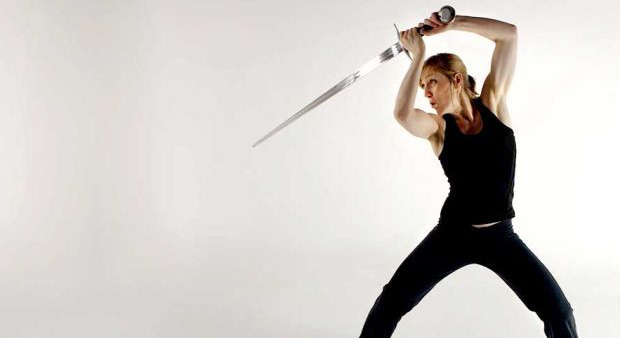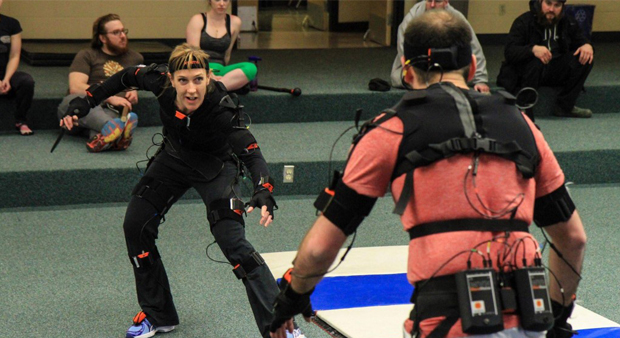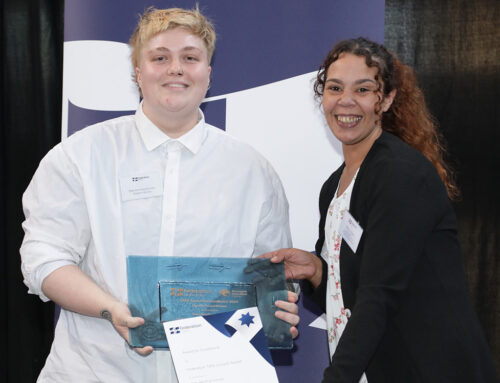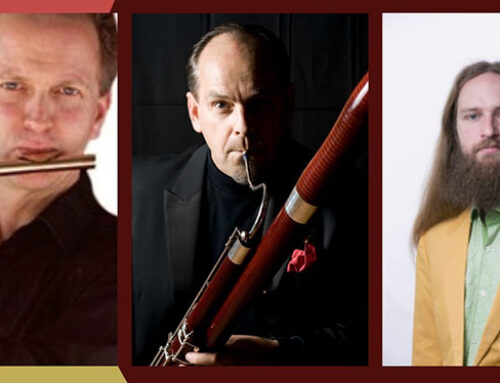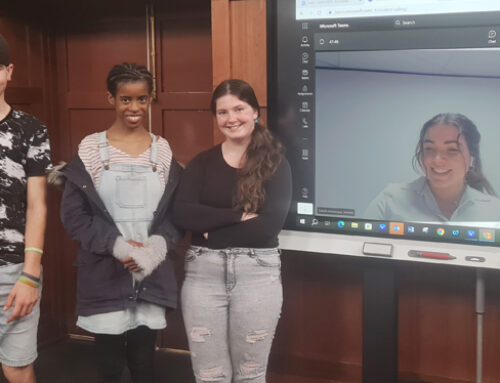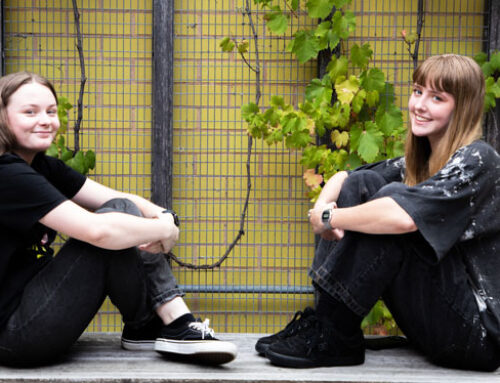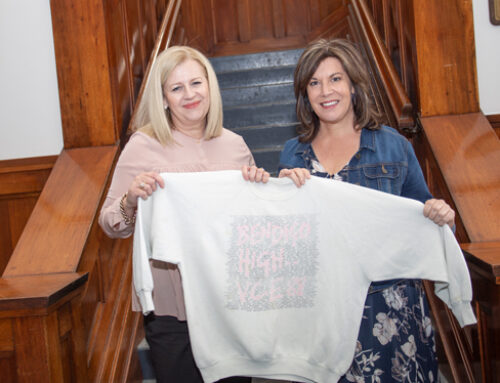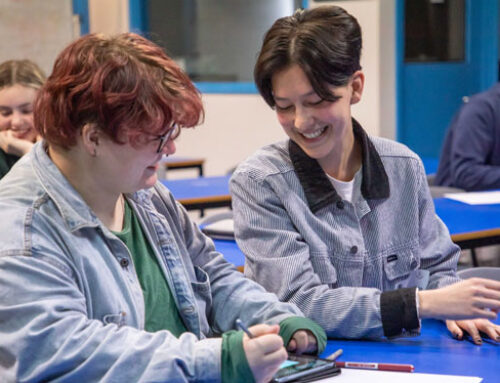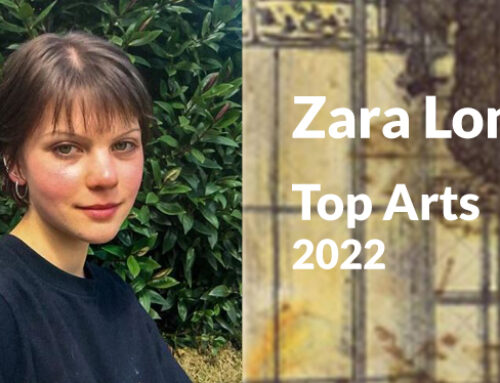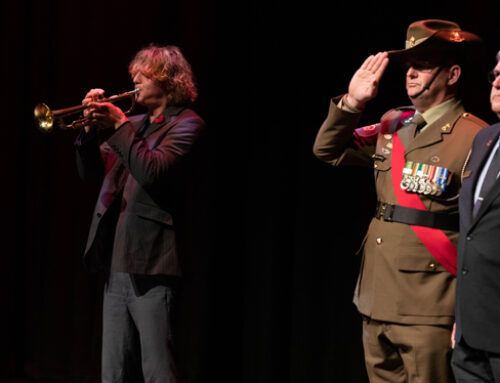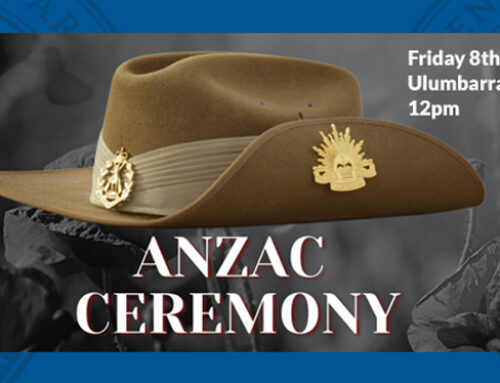So how ‘do’ you go from a degree in veterinary science to a career in ‘dramatic combat’? And just what is dramatic combat anyway? They’re questions that former BSSC student Lyndall Grant is used to hearing.
“While I did love the veterinary degree, it became quite an absorbing beast,” Lyndall says. “By the end of my fourth year at university I was beginning to resent it.
“I decided to put the vet degree on hold for one year to take up the Bachelor of Animal Science degree. I had a driving urge to travel, so I emailed every vet school in Europe. The Vienna Vet School replied and offered me a research project, so in 2002 I lived, worked and researched in Vienna.”
Lyndall describes her year in Vienna as life-changing. It was during her time in Europe that she admitted to herself that what she really wanted was to pursue a career in the performing arts.
“I finished my research degree, finished my veterinary degree, and after graduation headed straight across to the UK to work as a vet and also began auditioning for London drama schools,” Lyndall says.
“In 2005, I gave up full-time vet work and enrolled at the ArtsEd School of Acting. I was working 36-hour shifts at vet clinics on the weekends to meet expenses, and ended up sleeping on couches a lot, but it was all worth it.”
It was at Drama school that Lyndall first studied dramatic combat – the craft of ‘fake’ fighting for stage and screen. She was immediately hooked.
“Basically it involves a lot of playing with swords, unarmed combat and other weapons, performing highly physical and intense scenes – and laughing a lot.
“After finishing drama school, while working as a professional actor, I continued to train and perform in dramatic combat, then in 2009 I started training as a dramatic combat teacher. In 2011 I started directing my first theatre and film fight pieces and became a teacher with the British Academy of Dramatic Combat in 2012.”
Lyndall’s company, Captivate Action, is now operating in both the U.K. and Australia.
Her memories of BSSC are still vivid and happy ones.
“It was fantastic to suddenly be working amongst a group of ‘like-minded’ students who valued learning – I really appreciated the freedom and responsibility we were given.
“I seem to remember spending a lot of time in the library during my spares. I remember student council meetings – spending lunchtimes getting frozen yoghurt from the CBD – the great chicken and gravy rolls from the canteen – the science block – the beautiful quadrangle and the phenomenal Specialists Maths classes we had where you could hear a pin drop for a whole double period (Jim Grant must have loved us!).
“All of the teachers I had at BSSC had endless amounts of energy and patience. I remember feeling that the more effort we put in, the more effort they threw back to us. I do remember having careers advice, and being given the very reasonable suggestion that I should think of a second choice other than veterinary science. I remember feeling that clearly this person didn’t understand, because there was no second choice. It made me even more determined.
“BSSC gave us a fantastic opportunity to start finding our feet and take the responsibility for ourselves. I found this had a huge impact at university, where a lot of students can feel a bit lost in a lecture theatre with 300 other people. At BSSC we were already used to a good degree of self-directed learning. The school completely embraced and fostered the ambitions that we had at the time, and this kick-started everything afterwards.
“If there was one piece of advice I could offer current students it would be to remember that if things don’t work out in VCE, there are hundreds of ways you can end up finding your way to where you want to be. Even more exciting is when things crop up you hadn’t expected and you allow yourself to pursue them.
“Do things you’re passionate about, but know that the world will make some things harder than others, so be prepared to dig in to make it work. If it was easy, everyone would be doing it!”


